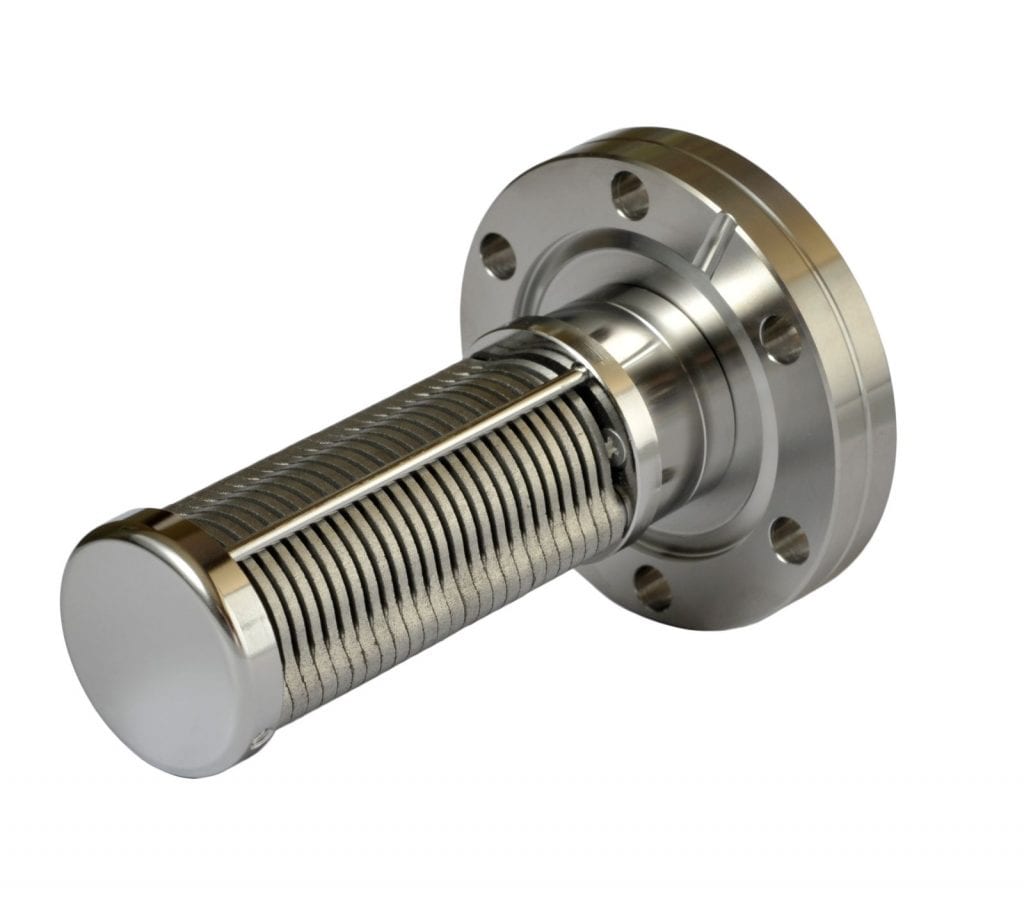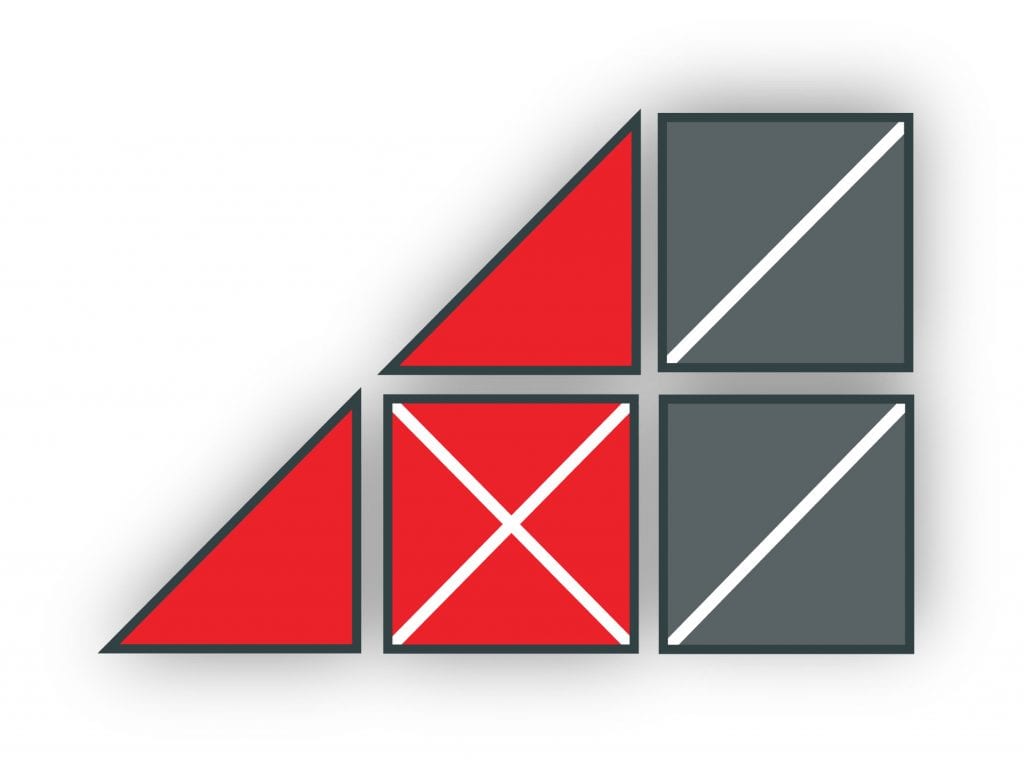The science of advanced vacuum
Gamma Vacuum pumps - ultra-high vacuum technologies
Edwards offers a range of Ion Pumps, Titanium Sublimation Pumps, Non-Evaporable Getter Pumps and accessories exclusively through Gamma Vacuum.


Capture pumping technologies create high vacuum (HV) and ultra-high vacuum (UHV) environments for a variety of applications, ranging from portable mass spectrometers to large scale particle accelerators. They can create the lowest possible vacuum at an economical cost.



Ion Pumps
Ion pumps, also known as sputter ion pumps or ion getter pumps, are capture pumps that ionize gases using an anode/cathode array. Ions sputter reactive cathode materials, creating a chemical reaction that turns the ionized gases into solid compounds. Those compounds no longer contribute to the pressure of the vacuum system and are permanently captured within the ion pump. Ion pumps can operate from 10-5 to 10-12 mbar and range in size from 0.2 to 1,200 l/s of nitrogen.
Ion Pumps
Ion pumps, also known as sputter ion pumps or ion getter pumps, are capture pumps that ionize gases using an anode/cathode array. Ions sputter reactive cathode materials, creating a chemical reaction that turns the ionized gases into solid compounds. Those compounds no longer contribute to the pressure of the vacuum system and are permanently captured within the ion pump. Ion pumps can operate from 10-5 to 10-12 mbar and range in size from 0.2 to 1,200 l/s of nitrogen.



Titanium sublimation pumps
TSP’s operate by heating a titanium filament and subliming (converting from solid to gas phase) titanium molecules onto a surface. Sublimed titanium molecules are then available to chemically react with reactive gases, like oxygen and nitrogen, and disassociate and diffuse hydrogen. TSP’s can operate from 10-5 to 10-12 mbar and have pumping speeds in excess of 10,000 l/s of hydrogen.





Non-evaporable getter pumps
NEGs’s are reactive metals that have been pressed onto solid substrates or sintered into discs. A specific combination of Zirconium, Vanadium and Iron has been found to work best for HV and UHV environments. The amount of material used controls the speed and capacity of the NEG pump, but typically range from 55 to 412 l/s and capacity from 630 to 3600 Torr l/s. As NEG’s become saturated with gases, they can be reactivated without venting to atmosphere.
Non-evaporable getter pumps
NEGs’s are reactive metals that have been pressed onto solid substrates or sintered into discs. A specific combination of Zirconium, Vanadium and Iron has been found to work best for HV and UHV environments. The amount of material used controls the speed and capacity of the NEG pump, but typically range from 55 to 412 l/s and capacity from 630 to 3600 Torr l/s. As NEG’s become saturated with gases, they can be reactivated without venting to atmosphere.



